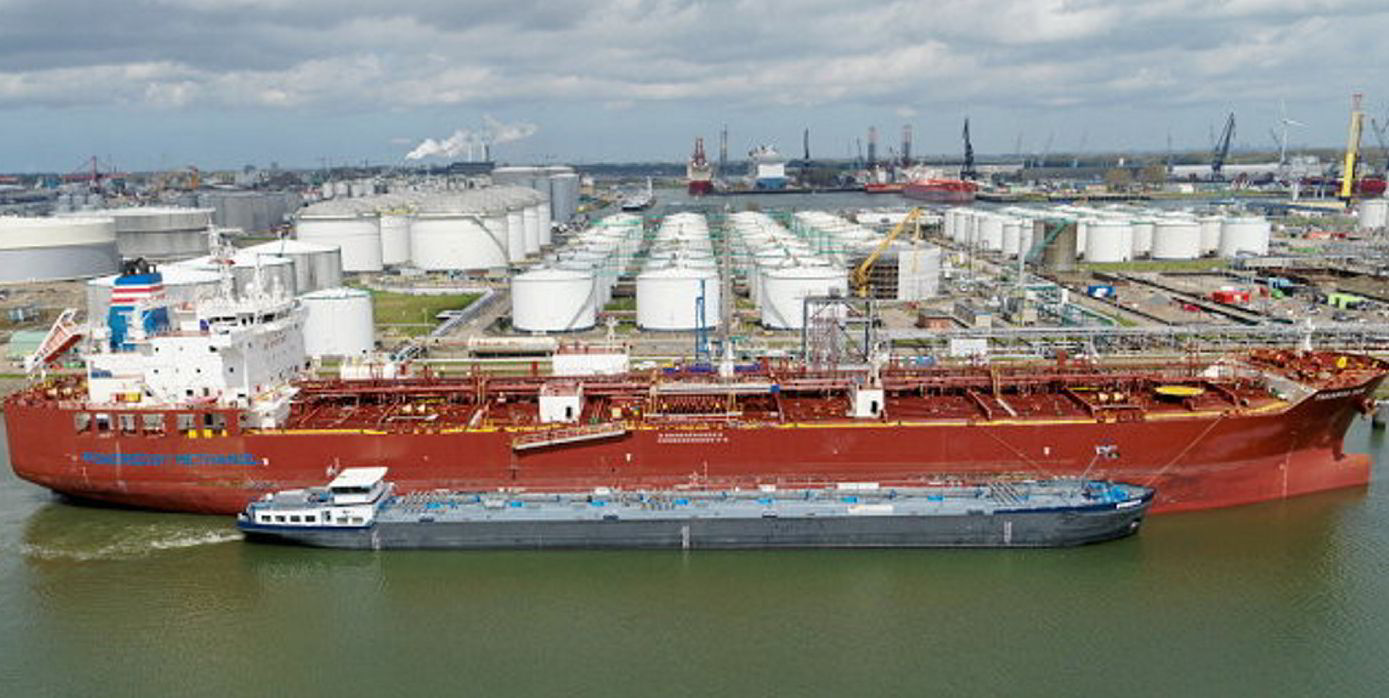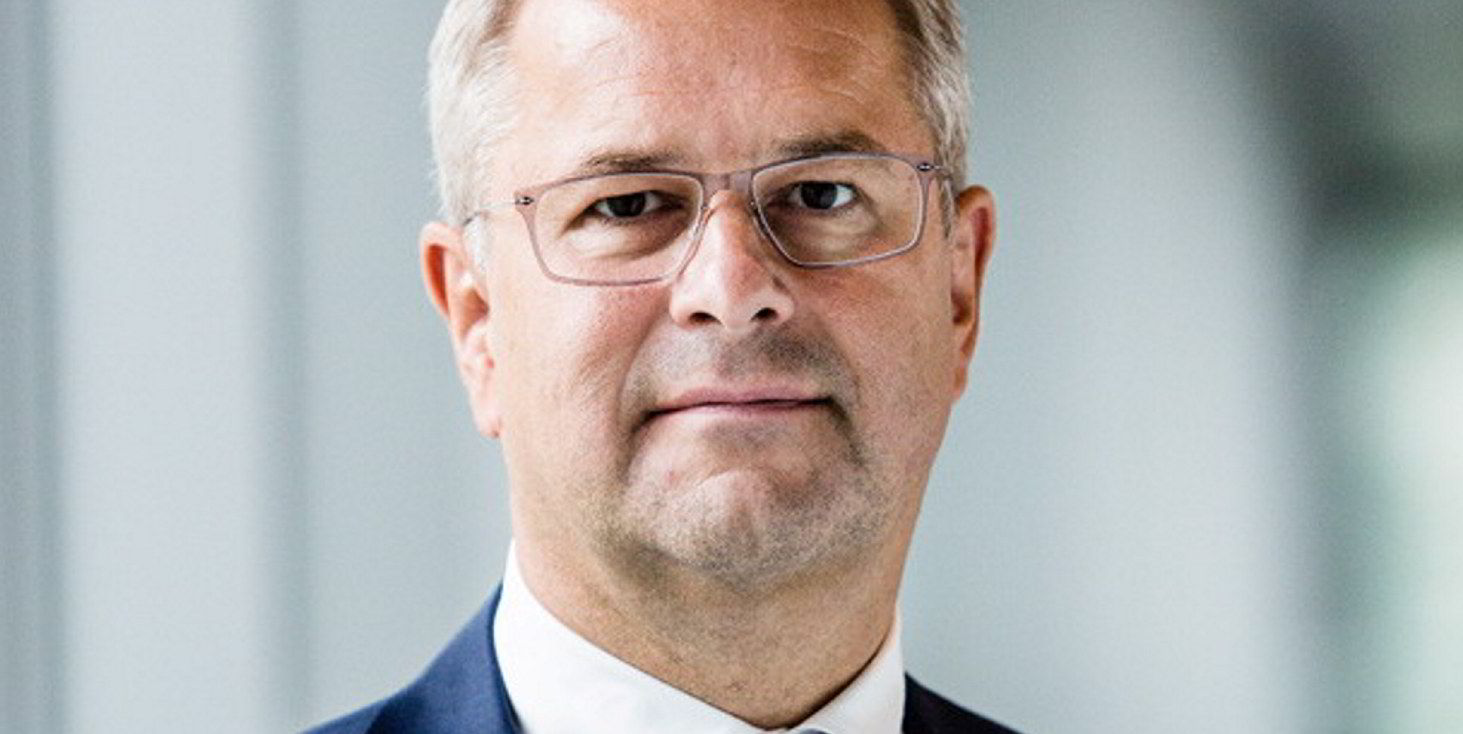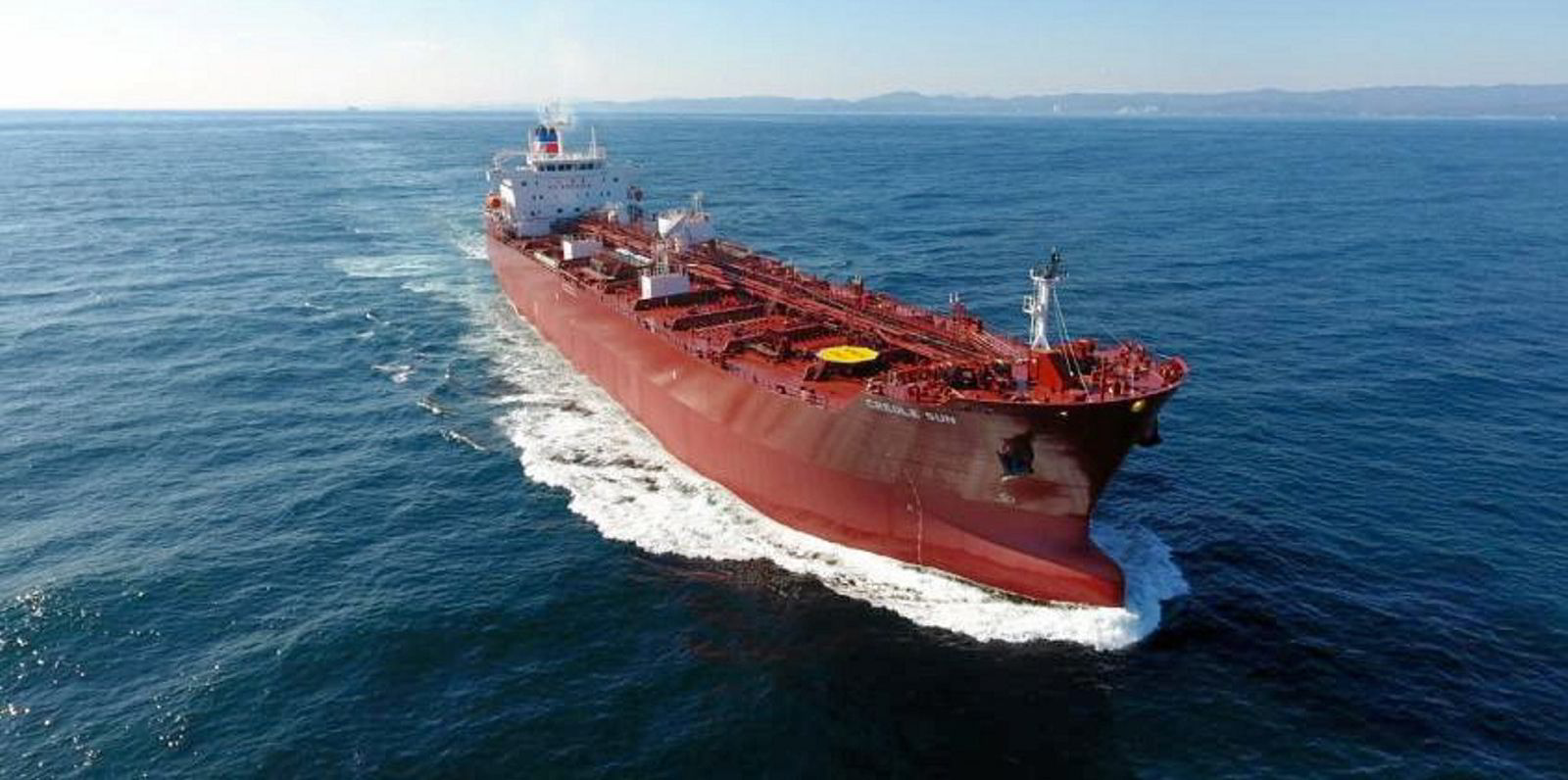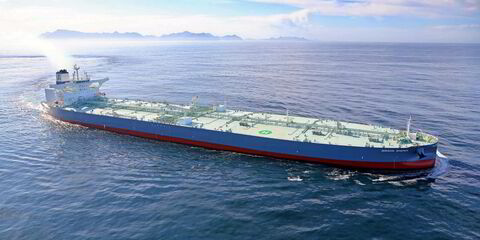S&P Global Platts is to launch daily European methanol bunker fuel price assessments from the end of September despite a limited number of ships using the fuel.
The pricing agency said the assessments would reflect the value of methanol used as a marine fuel at the port of Rotterdam.
“The decision recognises growing market demand on the back of an increased build-out in vessels utilising methanol as a marine fuel and related activities at this major bunkering hub,” the company said.
In determining the assessment, Platts said it will consider the prevailing tradable value of methanol bunker fuel on a barge-to-ship (delivered) or truck-to-ship (ex-wharf) basis and may take into consideration other local methanol bunkering hubs.
The methanol bunker fuel assessment flat price will include the logistics costs from the terminal to the barge or truck, and charges for delivery direct to the receiving vessel.
Additionally, Platts said it will publish methanol bunker fuel calculations converted to LNG and oil energy content equivalents, enabling comparison with other marine fuels.
“The benefits of launching this price assessment is to provide the market relevant indexation of methanol value as a marine fuel,” Platts told TradeWinds.
In May 2021, the Port of Rotterdam was host to the world’s first reported barge-to-ship methanol bunkering operation, according to the participants.
NYK Line’s 50,000-dwt chemical tanker Takaroa Sun (built 2019) took on methanol bunkers at Rotterdam on 10 May in a project led by the charterer, Canada's Waterfront Shipping.
Bunkering operation
The bunkering operation took place at the Vopak Terminal Botlek of Royal Vopak and used a bunker barge operated by TankMatch.
There are 12 methanol-fuelled ships currently operating internationally with at least that many more scheduled for delivery over the next 18 months, not counting the recent Maersk order, according to the Methanol Institute.
In early 2022, Stena Bulk will take delivery of the methanol-fuelled 49,900-dwt tanker Stena Pro Patria, which will be the first of three methanol vessels to be built by Proman Stena Bulk.
The Stena Pro Patria will utilise about 12,500 tonnes of methanol as fuel per year, significantly reducing the volume of carbon and greenhouse gas emissions resulting from the vessel's commercial operations, especially when compared with the use of conventional marine fuels, Stena Bulk said.
Platts said burning methanol instead of distillate bunker fuels can reduce CO2 emissions by 10% to 20%, helping owners to reduce their carbon emissions.
“When bio-methanol capacity is enough to supply the marine industry CO2 emissions could be reduce by around 95% compared to conventional bunker fuels,” it said.
Maersk and methanol
Asked if Maersk’s decision to order a series of 16,000-teu containerships that will use methanol as a bunker fuel had prompted the move, Platts said the market had already asked it for a pricing formula in order to conduct studies of the use of methanol as a clean alternative fuel towards decarbonisation of their fleets.
“Maersk’s decision to build methanol fuel vessels came shortly after our proposal to launch a new methanol bunker assessment and was confirmation of the markets need for price transparency,” Platts said.
Platts said it is also considering introducing methanol bunker fuel assessments at ports in Asia and the US and said it has sought feedback on specifications and hubs in those regions.
“What other ports we will launch will depend on the feedback from our subscribers and the industry at large — we’re receiving a great response so far particularly from shipping companies and the surrounding ecosystem,” the company added.





